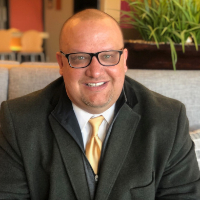 Fresno White Collar Crime Lawyers, California
Fresno White Collar Crime Lawyers, California
Sponsored Law Firm
-
 x
x

Click For More Info:
-
The Law Offices of Richard L. Cooper, P.A.
848 Brickell Avenue Suite 800 Miami, FL 33131» view mapDWI/DUI, Drug Trafficking, Felony Nationally Ranked Top 40 Under 40
With Richard L. Cooper you can expect a trusted confidant who will work diligently to fully understand your case and determine a road map to help you regain control of your life.
800-756-2781
Sponsored Lawyers
1-5 of 5 matches
Criminal, DUI-DWI, Felony, Misdemeanor, White Collar Crime
Since 1999 William Parry has been fighting for his clients and achieving dismissals & the best results through hard work & attention to detail. He services all of Central California including Kings County, Fresno County, Tulare County, Kern County, Madera County, Merced County, San Benito County, San Luis Obispo County, and many others.
(more)



 Richard L. Cooper Miami, FL
Richard L. Cooper Miami, FL AboutMiami Attorney at Law
AboutMiami Attorney at Law ServicesCriminal Defense
ServicesCriminal Defense

